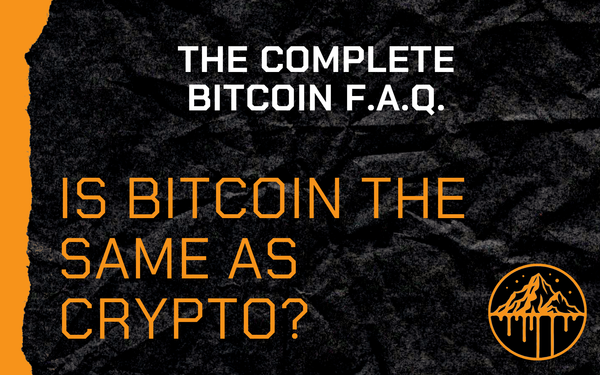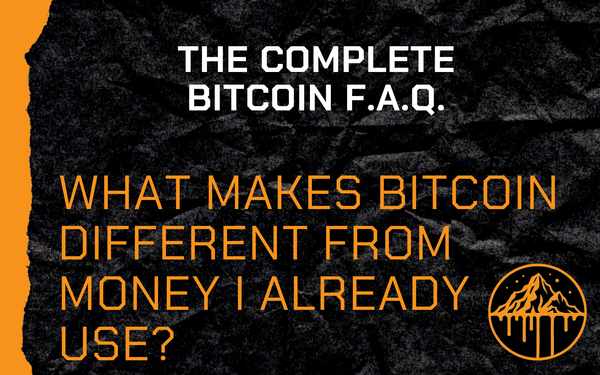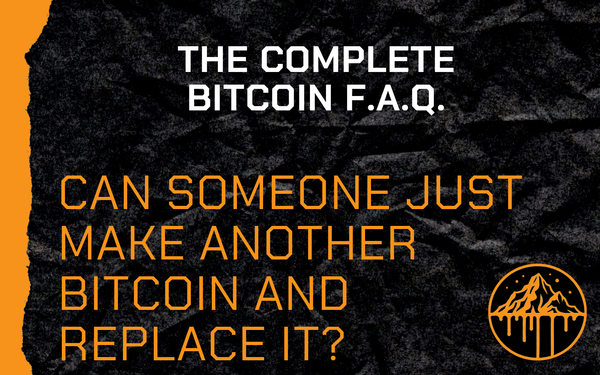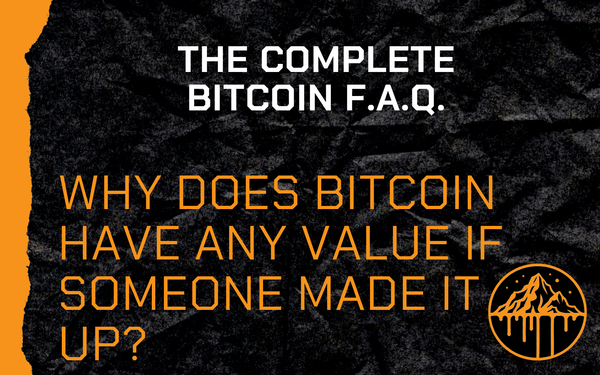The Sunk Cost Trap: How Your Past Investments Are Controlling Your Future
Humans hate admitting when they’re wrong. The more time, money, or effort we’ve invested into something, the harder it is to let go—even when all logic tells us we should. This is called Sunk Cost Fallacy, and it affects everything from relationships to careers to, yes, investing.

The Psychological Trap: Why We Stick with Bad Investments
Humans hate admitting when they’re wrong. The more time, money, or effort we’ve invested into something, the harder it is to let go—even when all logic tells us we should. This is called Sunk Cost Fallacy, and it affects everything from relationships to careers to, yes, investing.
Have you ever forced yourself to finish a terrible book just because you were already halfway through? Stayed in a bad job because you spent years climbing the corporate ladder? These are classic signs of the sunk cost effect at work.
It took me seven years to finally start my own business in 2017 because I spent four years in college, two in graduate school, thousands of dollars in education, and twenty-five years of experience in that role—I didn’t want to feel as though I’d “wasted” everything I’d worked for.
Just like I hesitated to leave my old career, many people hesitate to leave fiat.
When it comes to money, sunk cost fallacy is particularly dangerous. Instead of making rational, forward-thinking decisions, we tend to cling to past investments—even when they’re actively hurting us. Nowhere is this more apparent than in the world of finance, where people stick with outdated strategies simply because they’ve already committed to them.
My mentor and one of the wisest people I’ve ever met, Seth Godin, says it something like this: “Your past is a gift to your current self. You don’t have to accept it.”
Bitcoin exposes this bias in a way no other asset does. It forces people to question the entire system they’ve built their wealth around—and that’s uncomfortable.
How the Brain Works: The Neuroscience Behind the Fallacy
The sunk cost fallacy is rooted in cognitive dissonance, the mental discomfort we feel when confronted with contradictory beliefs. If you’ve spent decades believing something is true (e.g., “The stock market is the best way to grow wealth”), then encountering information that challenges that belief (e.g., “Bitcoin is a superior store of value”) creates tension.
The opportunity to start my own business contradicted the identity I’d spent decades creating. Major cognitive dissonance.
Rather than accept that we may have been wrong, our brains seek ways to justify past decisions. This happens because:
- Loss Aversion: Studies show that people feel the pain of a loss twice as strongly as they feel the joy of an equivalent gain. Letting go of a bad investment feels like locking in a loss—even if it’s the smarter choice.
- Endowment Effect: We overvalue things we already own, simply because we own them. This applies to financial assets, identities, belief systems, and even traditions.
- Commitment Bias: The longer we’ve followed a certain path, the harder it is to change course, even when new information suggests we should.
This isn’t just theory—it’s why so many people struggle to embrace Bitcoin, even when presented with overwhelming evidence of its superiority.
How Sunk Cost Fallacy Affects Investing & Finance
Traditional finance is built on legacy systems that people have spent their entire lives trusting. Because of this, people tend to rationalize staying within the system rather than questioning if it still serves them.
401(k) & Traditional Retirement Plans:
- “I’ve been contributing for 20 years, so I can’t just shift to Bitcoin.”
- Reality: Just because you've invested in a system doesn't mean it's the best option moving forward.
Holding Bad Stocks for Too Long:
- Investors hold onto declining stocks hoping they’ll rebound, rather than reallocating to better opportunities.
- Reality: The market doesn’t care how much you’ve already put in.
Real Estate & Gold Investors Stuck in the Past:
- Many people resist Bitcoin because they’ve spent decades accumulating real estate or gold.
- Reality: The past does not dictate the future of money.
The financial industry preys on sunk cost fallacy. Banks, pension funds, and governments all encourage people to stay in the system, even when it’s clear that system is failing them.
The government continuously reassures people that Social Security is solvent, despite mounting evidence to the contrary.
Bitcoin Case Study: The Mental Block Keeping People from Opting In
Bitcoin represents a complete shift in thinking about money. But for many, making that shift is difficult because it requires admitting they were misled by the traditional system.
Pre-coiners & Normies:
- “I’ve built my whole financial life in dollars. I can’t just switch now.”
- They rationalize avoiding Bitcoin because adopting it would mean admitting they were wrong about money.
No-Coiner Investors:
- “I’ve been in traditional finance for 30 years. I know how markets work.”
- The older someone is, the harder it is to accept Bitcoin—because they’ve spent a lifetime trusting another system.
Shitcoiners Who Won’t Convert:
- “I’ve been in Ethereum since 2017. I can’t just switch to Bitcoin now.”
- Many people continue defending bad investments because admitting failure is painful.
Bitcoin isn’t just a financial decision—it’s a psychological battle against ingrained beliefs.
How to Recognize & Overcome Sunk Cost Fallacy
Overcoming this bias isn’t easy, but it’s necessary if you want to make rational financial decisions. Here’s how:
Detach from the past—focus on the future.
- The money, time, and energy you’ve already spent are gone. Make decisions based on what’s best going forward.
Ask: “If I had no prior investments, what would I choose today?”
- If you were starting fresh, would you still put your wealth in dollars?
Realize that correcting course is strength, not failure.
- The best investors aren’t the ones who never make mistakes—they’re the ones who recognize mistakes and adapt.
Bitcoin requires unlearning.
- Overcoming sunk cost fallacy is about letting go of old paradigms and seeing reality as it is, not as it was.
Final Thought: The Courage to Move Forward
What if your past financial decisions are holding you back from making better ones today?
Bitcoin isn’t about making up for past mistakes—it’s about getting it right moving forward.
Don’t let sunk cost fallacy keep you trapped in a system that no longer serves you.
What’s one sunk cost you’re holding onto today? The sooner you recognize it, the sooner you can break free.
Wealth melts. How much you got left?
Disclaimer: Melting Wealth is not financial advice. It’s a wake-up call. Think for yourself, question the system, and take responsibility for your decisions. Your money, your risk, your move.





